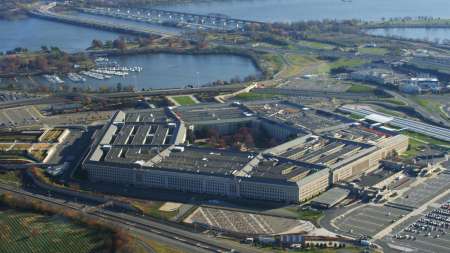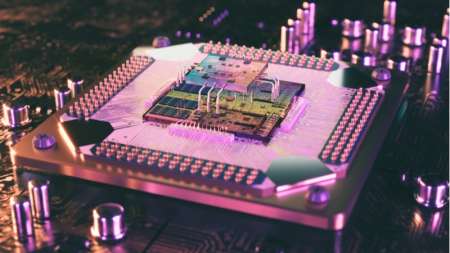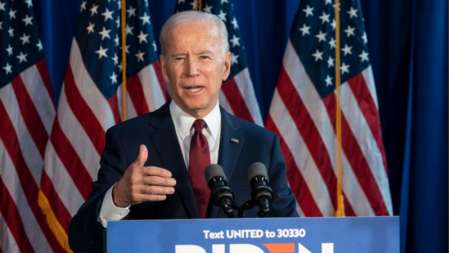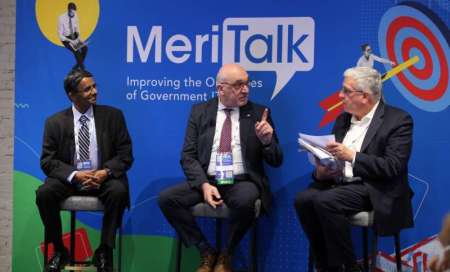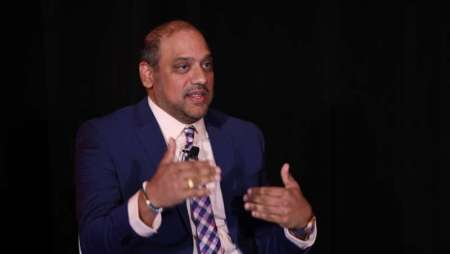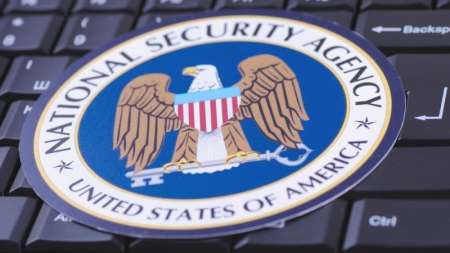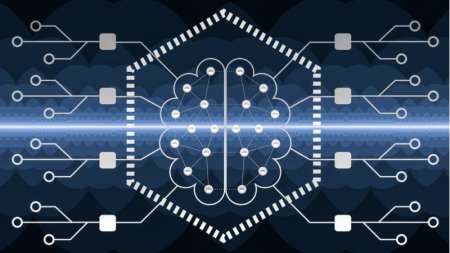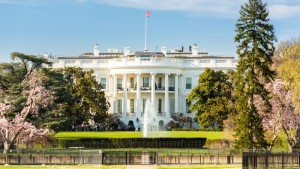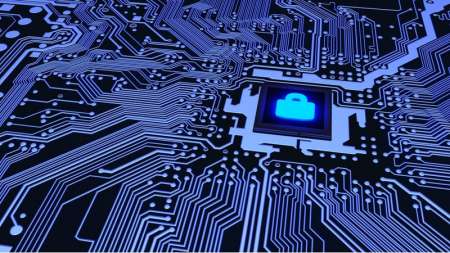A new bill introduced in the House and Senate is looking to designate a principal quantum advisor to the secretary of Defense to “supercharge” the Pentagon’s approach to quantum technology. […]
While practical employment of quantum computing remains out of reach for the time being, a National Security Agency (NSA) said this week that industry and government must work closely together to lay the groundwork for quantum capabilities to be easily adopted when the time comes for widescale deployment. […]
A White House official said Tuesday it’s critical that Federal agencies start testing quantum-resistant cryptographic algorithms on their IT systems today to ensure critical networks aren’t accidentally shut down when the time comes to transition systems to post-quantum cryptography. […]
As the deadline for public input on the National Institute of Standards and Technology’s (NIST) quantum standardization efforts approaches on Nov. 22, a NIST official said during the Nov. 15 Red Hat Government Symposium 2023 event in Washington, D.C. that the public can expect to see the finalized version of the guidelines in the first part of 2024. […]
A bipartisan pair of House members has introduced legislation to reauthorize the National Quantum Initiative Act to continue advancing research and development of quantum capabilities in the U.S. […]
Reps. Andrea Salinas, D-Ore., and Jim Baird, R-Ind., introduced bipartisan legislation last week that would amend the National Quantum Initiative Act (NQIA) to accelerate quantum research by improving access to quantum research resources. […]
The Center for Data Innovation (CDI) is urging Congress to double the funding level of a key quantum information science (QIS) law approved in 2018 as one of several necessary steps it says the U.S. needs to take to stay ahead of the world in (QIS) and maintain a lead in quantum computing. […]
As quantum computing and related capabilities slowly but surely move closer to becoming practical realities, Federal government officials are confident that the U.S. will remain the global leader in quantum computing and quantum encryption. […]
The National Science Foundation (NSF) is providing $38 million in new funding to 22 higher education institutions to bolster research into quantum information science and engineering (QISE) aimed at outcome including the creation of sustainable energy and improving cybersecurity. […]
Congress is gearing up to expand a bipartisan quantum research and development effort aimed at boosting U.S. national security – and beating China in the quantum tech race. […]
As the world of cybersecurity becomes more convoluted with cyber threats emerging from various entities and foreign governments, some experts are warning of the devasting effects that quantum computers could have on the American financial system. […]
The Chips and Science Act is accelerating the work of a new Washington, D.C.-area quantum research consortium that is trying to create and operate a quantum network as a regional test bed, the body’s executive director said on Jan. 18. […]
President Biden today signed into law legislation to set the Federal government on the path to defending against quantum computing-enabled data breaches that will become more of a threat as quantum tech advances in the coming years. […]
President Biden has appointed 15 leaders in the quantum information science (QIS) field from industry, academia, and Federal laboratories to serve on the inaugural presidential National Quantum Initiative Advisory Committee (NQIAC), according to a Dec. 9 White House press release. […]
The Senate on Dec. 9 unanimously approved legislation passed earlier this year by the House that helps to set the Federal government on the path to defend against quantum computing-enabled data breaches that will become more of a threat as quantum tech advances in the coming years. […]
The Federal government continues to invest heavily in quantum computing research to ensure the United States becomes the global innovation leader in this emerging discipline, however, the technology for applications is still largely unavailable as quantum research remains in the early stages, according to Federal quantum experts. […]
Vishnu Parasuraman, the Federal Hybrid Cloud Transformation OpenShift Offering Lead and Practice Lead at IBM, told attendees at the Red Hat Government Symposium on Nov. 9 that some quantum computing use cases for the Federal government are already well in focus, with potentially big payoffs as further use of the technology comes online. […]
The National Security Agency (NSA) expects National Security Systems (NSS) owners and vendors to start using post-quantum algorithms by 2035. […]
Quantum computing technology – still in its early infancy now but expected to change the landscape of computing forever once it matures over the next decade or more – is posing core questions that Federal government experts are trying to work through now to make the eventual transition manageable and effective. […]
The Cybersecurity and Infrastructure Security Agency (CISA) has released a new guideline aimed at preparing critical infrastructure operators in the United States for the cybersecurity dangers of post-quantum cryptography. […]
Senators Maggie Hassan, D-N.H., and Rob Portman, R-Ohio, have introduced new legislation that will prepare the United States for quantum cybersecurity risks. […]
The National Institute of Standards and Technology (NIST) has announced the first group of winners from its six-year quantum-resistant cryptographic algorithm competition.
The first group of four winners designed encryption tools to withstand assaults from future quantum computers. They will become part of NIST’s post-quantum cryptographic standard, which is expected to be finalized in two years. […]
The Small Business Innovation Research (SBIR) program has awarded QuSecure a Phase III contract, making the company the sole-source provider of post-quantum cryptography for Federal agencies. […]
Six Federal agencies have joined forces to establish the Washington Metropolitan Quantum Network Research Consortium (DC-QNet) to create, demonstrate, and operate a quantum network as a regional test bed. […]
White House science and technology officials are working to size up a host of challenges that will be posed in the coming years as quantum computing technologies become more mature, including migrating security technologies and attracting a stronger quantum science workforce to the United States. […]
The House Committee on Oversight and Reform on May 11 voted to approve a bevy of bills that aim to help advance IT modernization and address government Federal workforce needs. […]
According to a new report from the RAND Corporation, the United States is the world leader in some aspects of quantum information science (QIS), but still lags behind China in certain QIS areas. […]
The House of Representatives has crafted a new semiconductor and innovation legislative measure that features $52 billion in funding for semiconductor production, $45 billion for supply chain issues, and the establishment of a new Science and Engineering Solutions Directorate at the National Science Foundation (NSF). The bill, called the America Creating Opportunities for Manufacturing, Pre-Eminence […]
Although encryption technologies currently work to prevent malicious adversaries from accessing Federal data, Rep. Ro Khanna, D-Calif., is working on legislation that would tackle future quantum computing challenges through the use of algorithms that employ post-quantum cryptography. […]
The National Institute of Standards and Technology (NIST) is looking for information on the trends and future investment needs for eight emerging technology sectors to complete a study authorized in the fiscal year (FY) 2021 appropriations act, according to a request for information (RFI) posted to the Federal Register Nov. 22. […]

